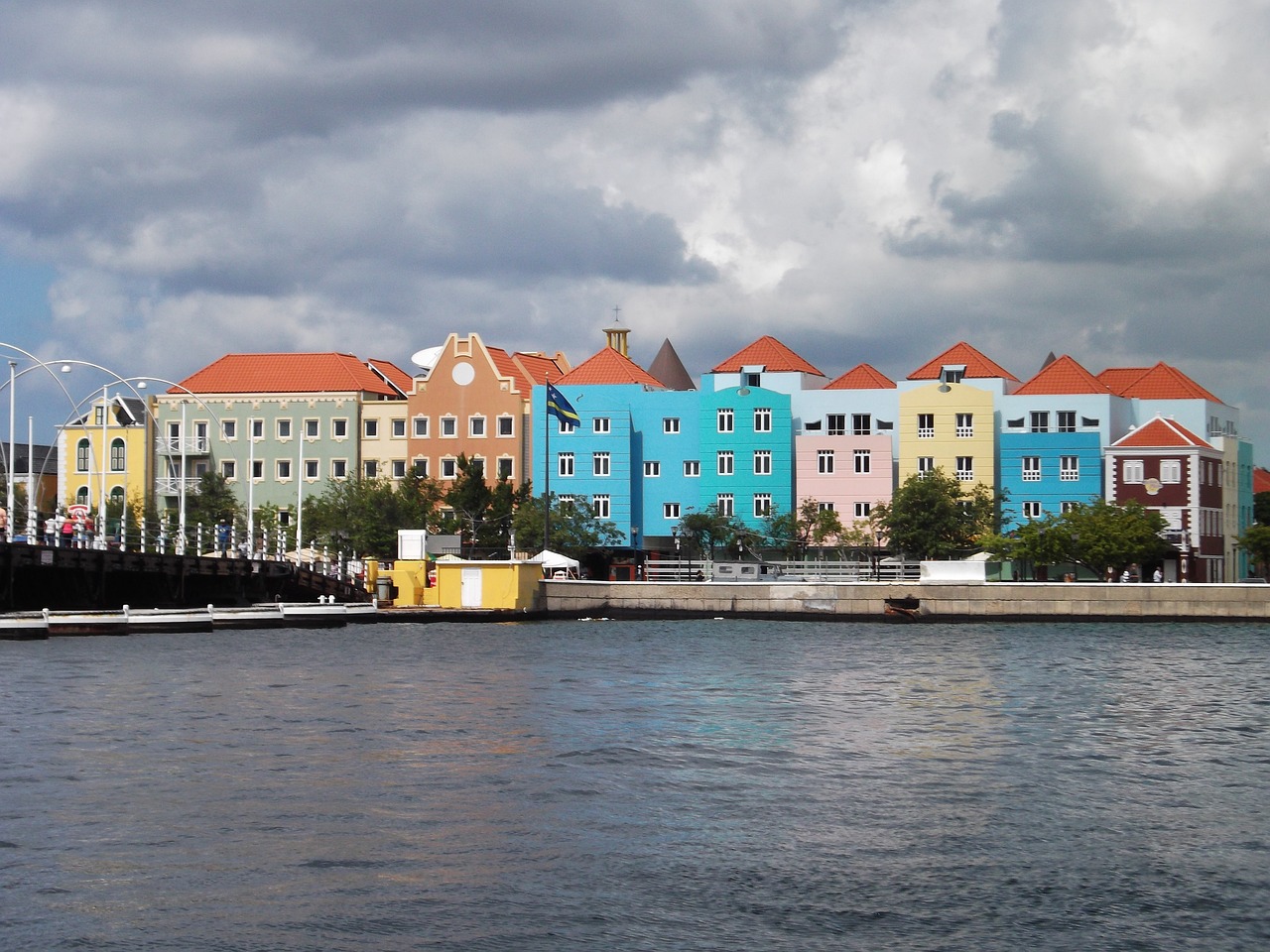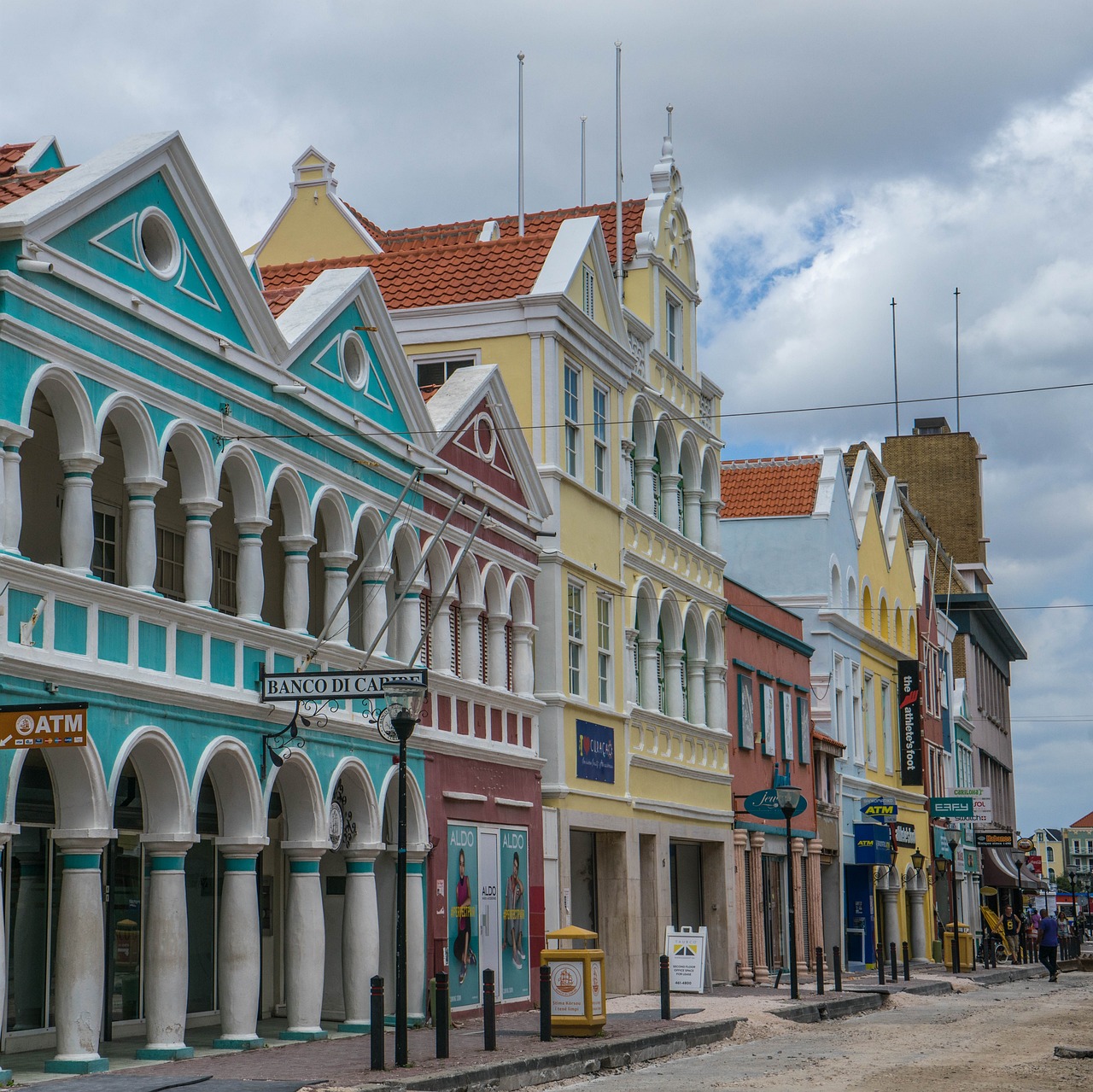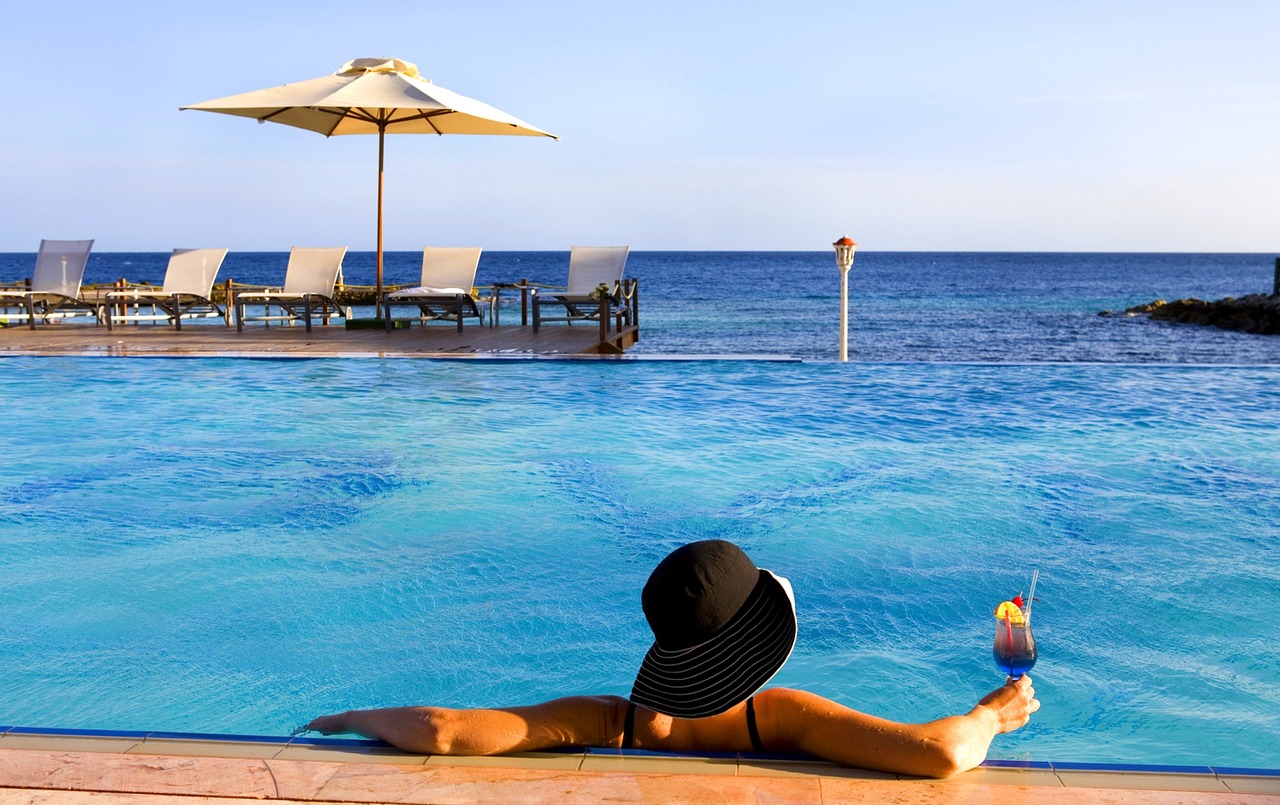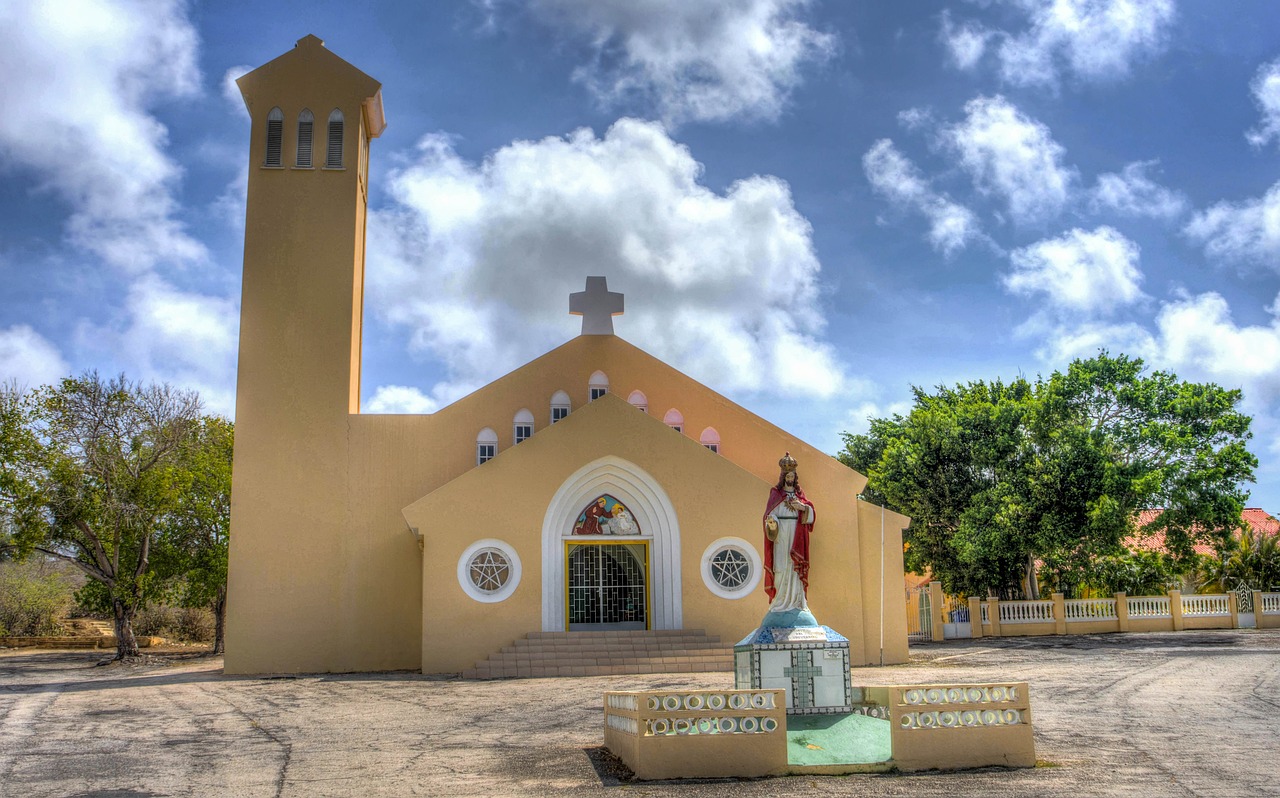Curacao Video
Visa and Stay Regulations for Digital Nomads in Curacao
Curacao, a stunning island in the Caribbean, has become a popular destination for digital nomads seeking a beautiful and vibrant place to work remotely. If you’re considering making Curacao your temporary home as a digital nomad, it’s essential to understand the visa and stay regulations that apply to you. This article will provide you with detailed information about the requirements and processes involved in staying in Curacao as a digital nomad.
Entry Requirements
To enter Curacao as a digital nomad, you will need to meet certain entry requirements. These requirements include possessing a valid passport with a minimum validity of six months beyond your intended stay, a return or onward ticket, and proof of sufficient funds to support yourself during your stay. Additionally, you may be required to provide evidence of travel or health insurance coverage.
- Valid Passport: Ensure that your passport is valid for at least six months beyond your planned stay in Curacao.
- Return or Onward Ticket: You must have a confirmed return or onward ticket to prove that you do not intend to stay in Curacao indefinitely.
- Sufficient Funds: Show proof of sufficient funds to cover your expenses during your stay, such as bank statements or a letter from your employer.
- Travel or Health Insurance: It is recommended to have travel or health insurance that covers medical expenses and emergencies during your time in Curacao.
Visa Options
Curacao offers several visa options for digital nomads, depending on the length and purpose of your stay. These include the Short Stay Visa, the Temporary Residence Permit (TRP), and the Residence Permit for Temporary Labour (RPTL). Each visa has specific requirements and durations, so it’s important to choose the one that best suits your needs.
- Short Stay Visa: If you plan to stay in Curacao for up to 90 days, you can apply for a Short Stay Visa. This visa allows for tourism, business meetings, or attending conferences and workshops.
- Temporary Residence Permit (TRP): For a stay longer than 90 days, you can apply for a Temporary Residence Permit. This permit is suitable for digital nomads who wish to live and work in Curacao for an extended period.
- Residence Permit for Temporary Labour (RPTL): If you have an employment contract with a Curacao-based company, you may be eligible for the Residence Permit for Temporary Labour. This permit allows you to work for a specific employer in Curacao.
Application Process
The application process for obtaining a visa or permit in Curacao can vary depending on the type of visa you are applying for. It is recommended to start the application process well in advance to allow for any potential delays.
- Short Stay Visa Application: To apply for a Short Stay Visa, you will need to submit a completed application form, a copy of your passport, proof of travel insurance, and a detailed itinerary of your stay in Curacao.
- Temporary Residence Permit (TRP) Application: For a TRP, you will need to provide a completed application form, a copy of your passport, proof of travel insurance, a medical certificate, and a police clearance certificate from your home country.
- Residence Permit for Temporary Labour (RPTL) Application: The RPTL application requires a completed application form, a copy of your passport, a medical certificate, a police clearance certificate, and an employment contract with a Curacao-based company.
Working as a Digital Nomad in Curacao
As a digital nomad in Curacao, you have the freedom to work remotely while enjoying the island’s natural beauty and vibrant culture. However, it’s important to note that you should not engage in any form of paid employment for a Curacao-based company unless you have obtained the appropriate work permit or residence permit.
- Remote Work: You are allowed to work remotely for clients or companies outside of Curacao while staying on the island.
- Local Employment: If you wish to work for a Curacao-based company or provide services to local clients, you will need to obtain a work permit or residence permit specifically for employment purposes.
Curacao Image 1:

Living Expenses and Cost of Living
Curacao offers a relatively affordable cost of living compared to other Caribbean destinations. However, it’s important to consider various factors when planning your budget for living expenses.
- Accommodation: Rental prices in Curacao can vary depending on the location and type of property. Apartments and houses are available for both short-term and long-term rentals.
- Utilities: The cost of utilities, including electricity, water, and internet, is generally reasonable in Curacao.
- Transportation: Public transportation options such as buses and taxis are available, but many digital nomads prefer to rent a car for convenience.
- Groceries and Dining: Supermarkets and local markets offer a variety of affordable food options, and dining out can range from budget-friendly to upscale restaurants.
Curacao Image 2:

Healthcare and Safety
Curacao has a well-developed healthcare system, with both public and private medical facilities available on the island. It is recommended to have travel insurance that covers medical expenses in case of emergencies or unexpected health issues.
- Healthcare Facilities: Curacao has modern hospitals and clinics that provide a wide range of medical services.
- Health Insurance: It is important to have comprehensive health insurance coverage that includes medical evacuation in case of serious emergencies.
- Safety: Curacao is generally considered safe for tourists and digital nomads. However, it is always advisable to take common-sense precautions and be aware of your surroundings.
Curacao Image 3:

Conclusion
Curacao offers a welcoming environment for digital nomads, with its stunning landscapes, vibrant culture, and favorable visa regulations. By understanding the visa and stay regulations, as well as the cost of living and healthcare options, you can make an informed decision about making Curacao your temporary home as a digital nomad. Embrace the opportunity to work remotely in this Caribbean paradise while immersing yourself in the unique experiences that Curacao has to offer.
References
– Curacao Tourist Board: www.curacao.com
– Curacao Immigration: www.curacaoimmigration.com
– Ministry of General Affairs Curacao: www.gobiernu.cw


